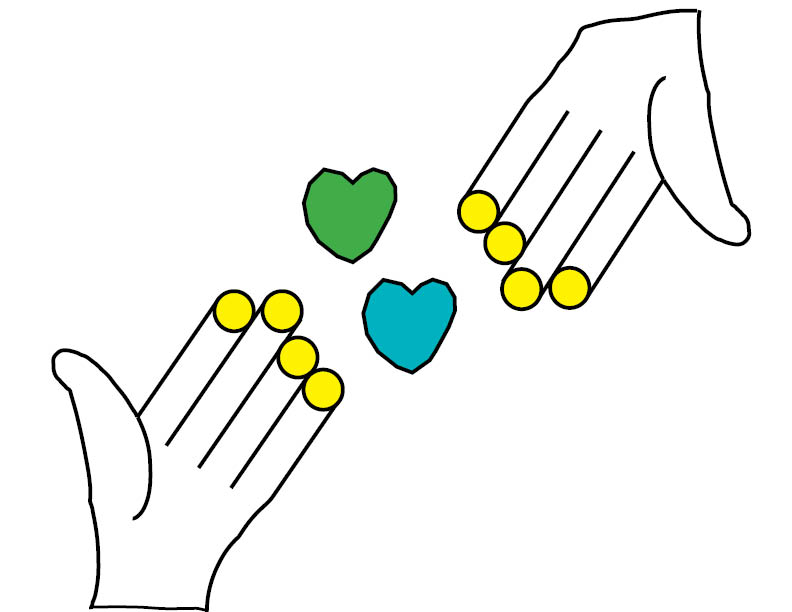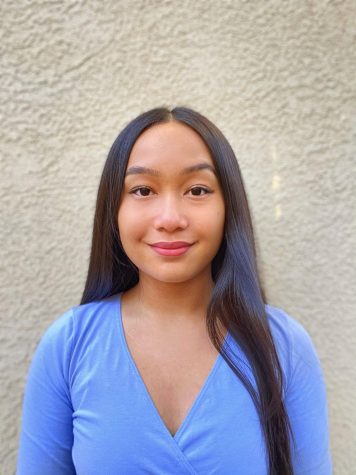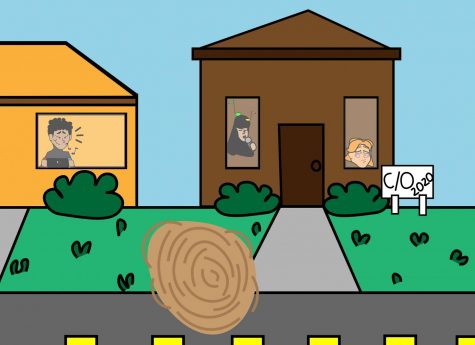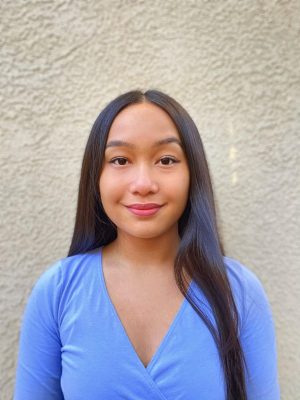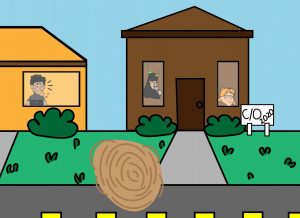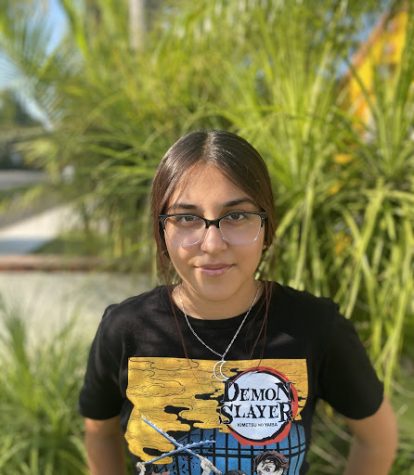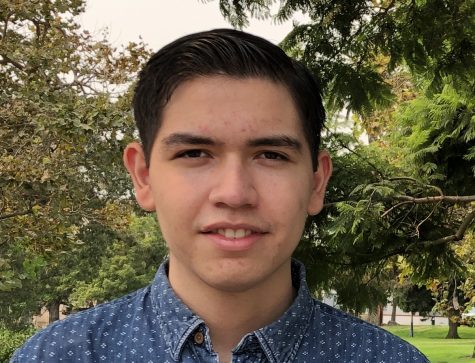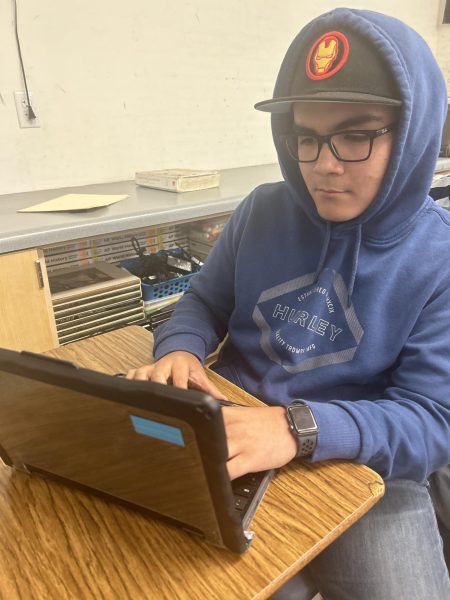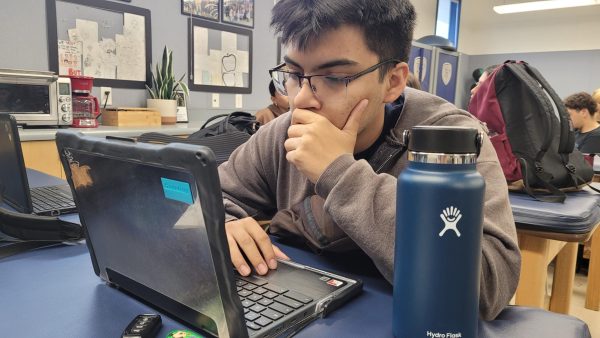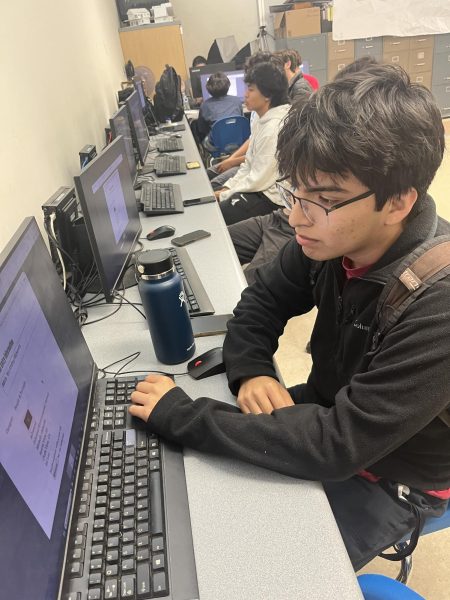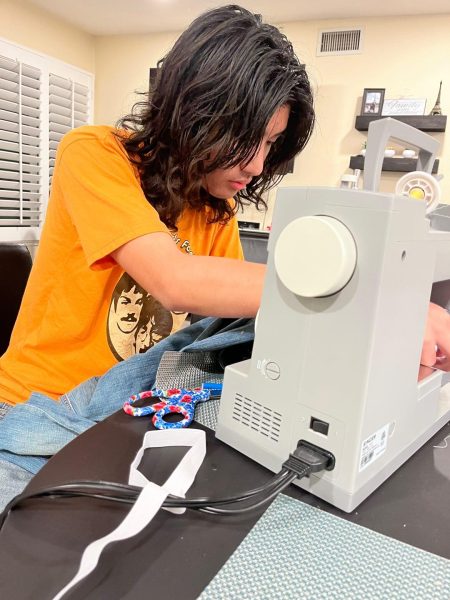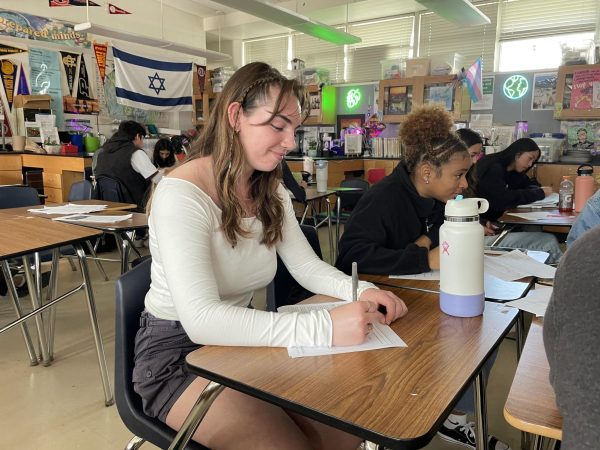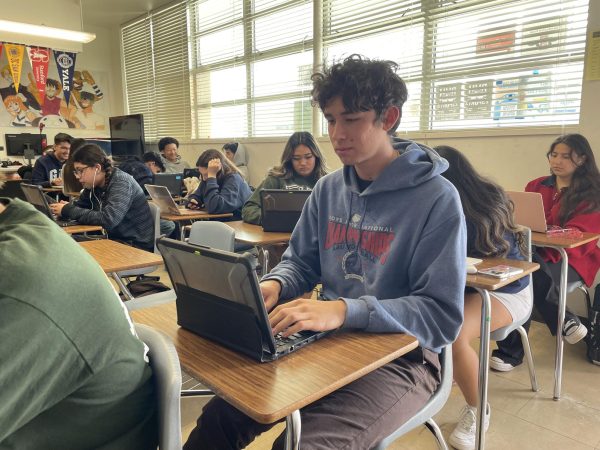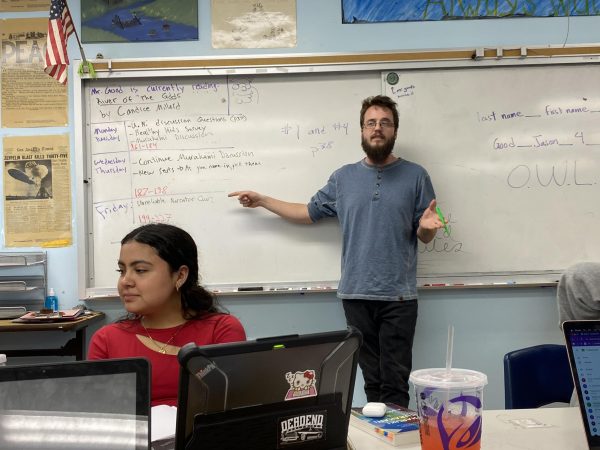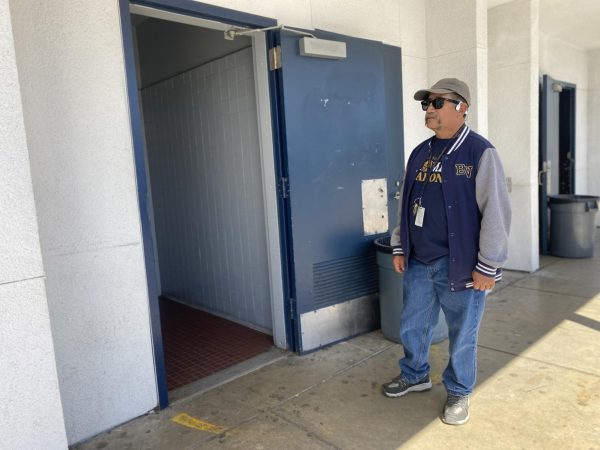A helping hand
Students struggle to find support amid pandemic
BVH’s Peer Counseling program has experienced a decrease in students reaching out for help. Peer Counselor President and senior Rylie Coons believes students often fear being judged.
March 20, 2021
Before the pandemic, Bonita Vista High (BVH) Peer Counseling President and senior Rylie Coons would meet with five to seven students a week to offer counseling services. Since quarantine started, that number has dropped to down to three students a week.
This sudden decrease reflects a growing shift in the way students reach out for help in the pandemic. Peer counseling allows students to schedule a one-on-one virtual meeting with a student counselor who helps them with their emotional well-being. However, many students have become anxious to reach out for help in quarantine, causing them to stay quiet and avoid receiving support.
As a peer counselor, Coons expressed that she feels disheartened when students don’t reach out for help.
“One of the links [sent to students] was a survey that you can fill out saying that you want a meeting [with a peer counselor], but we only got two responses out of that. So we were a little discouraged about that,” Coons said.
Advanced Placement (AP) Calculus AB, AP Calculus BC and IB Math Standard Level (SL) 1 teacher Benjamin Chan agreed with Coons. Chan added that students don’t “take advantage” of the help they are capable of getting. He said that getting students to ask for help is the hardest step to helping a student.
“The part that needs the most work is identifying the students that need help and encouraging students to take the initiative and ask for help,” Chan said.
Chan explained that when students ask for help, it is usually because they missed class and need help getting caught up. Even then, according to Chan, students can still feel nervous about reaching out. However, Chan emphasized that there is no need for students to be nervous about reaching out.
“The vast majority of teachers are not interested in judging students; we just want to help them,” Chan said.
Chan said he understands his job is to make connections with his students so that they feel more comfortable asking for help. He expressed that when students ask for emotional support, that is the time when teachers simply listen.
“Occasionally students ask for some advice and you do your best to listen. More than giving advice, it’s just listening and just trying to understand where they’re coming from,” Chan said.
Coons described her own encounter with a student who came to her for personal support. She was glad to be able to have an impact on someone’s life.
“I had a student come to me saying that they weren’t happy with themselves and they didn’t feel they had a purpose in life anymore. That student still books appointments with me and is doing so much better mentally,” Coons said.
Both Coons and Chan have seen a decrease in the amount of kids asking for help. They agreed that this is because students don’t get to build a strong enough relationship with others during virtual learning to feel comfortable to ask for help.
“I think students just feel more distant and don’t want to make the extra effort to ask questions,” Chan said.
Coons said she personally feels comfortable turning to people for help. Nevertheless, she noted that even as a student counselor, she often still feels embarrassed reaching out for support.
“When I reach out for help I often feel ashamed regardless of how big or small it is and who I’m reaching out to,” Coons said.
Senior Cambria McClelland admitted that she feels the same way. She stated that she sometimes feels “guilt” in asking for help during distance learning. On top of that, she feels that some teachers express their frustration towards distance learning, causing her to feel uncomfortable asking them for help.
“Sometimes when they express their frustrations with workload or emails I think, ‘maybe I should just ask someone else,’ and I usually do if I can,” McClelland said.
Sometimes when they express their frustrations with workload or emails I think, ‘maybe I should just ask someone else,’ and I usually do if I can. — Senior Cambria McClelland
McClelland mentioned that she usually only turns to people for academic help. Coons developed the courage to ask for support during a difficult situation and remembered a memorable time that she reached out to a teacher for support, which helped her recognize that she wasn’t alone.
“When my dad ended up in the hospital, I talked to a teacher at school about it and she had told me about her situation which is very similar to mine. It made me realize that I’m not the only one who is going through this and that there are people out there for me to talk to,” Coons said.

